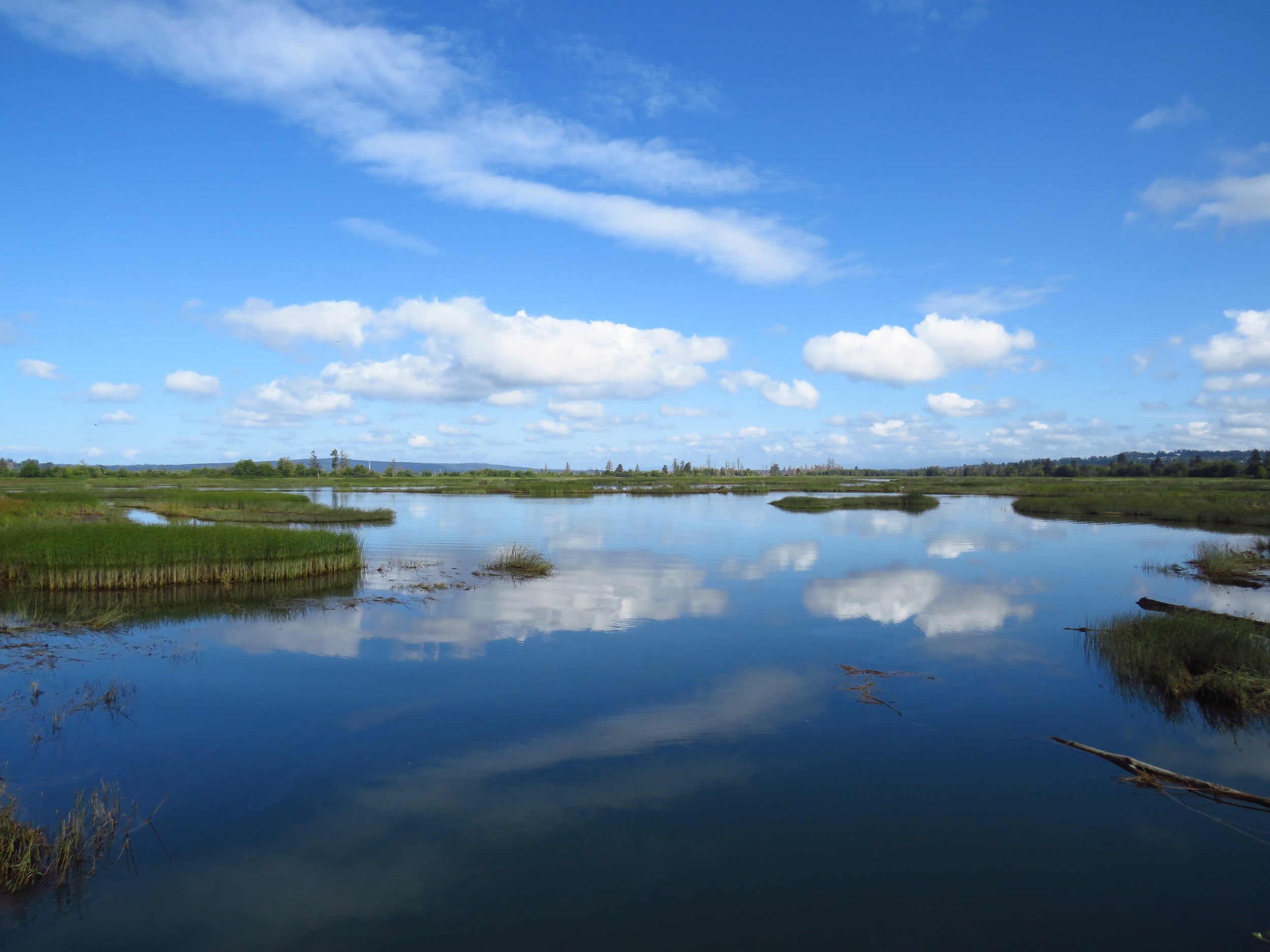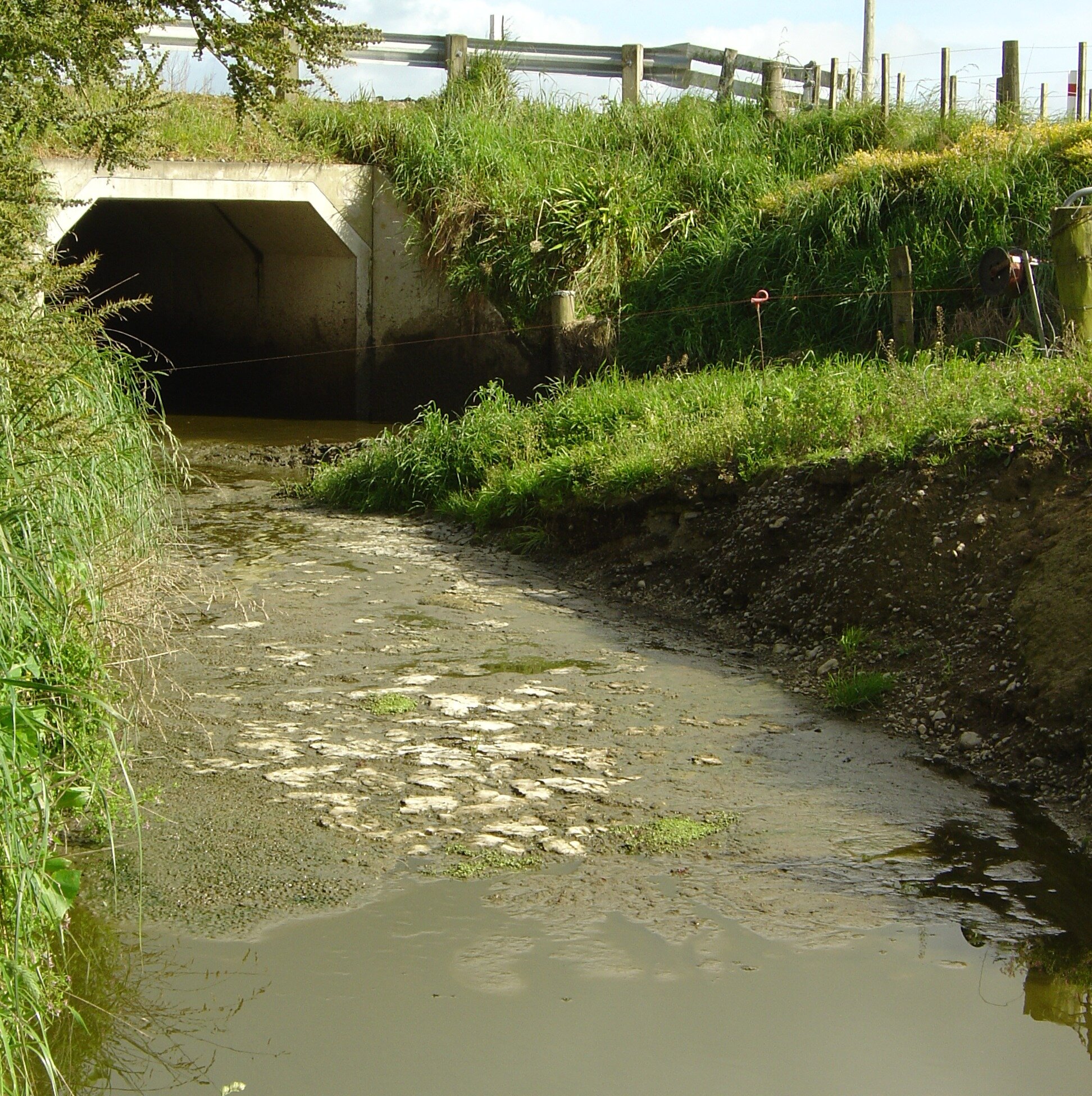World Wetlands Day!
Celebrated annually on February 2nd, World Wetlands Day aims to raise global awareness about the vital role of wetlands for our planet and all who inhabit it. It also marks the anniversary of the adoption of the Convention on Wetlands signed in 1971.
"In the not too distant past, wetlands were regarded as wastelands. Most people felt that they were places to be avoided, and it was common practice to drain them, fill them or treat them as dumping grounds"
Source: The Napa Watershed and Conservation Council
Healthy wetlands are important for a thriving and productive ecosystem. They provide a space for a dynamic food web. This is in part due to their shallow waters, high levels of nutrients, and photosynthetic productivity (Environmental Protection Agency).
While serving an important role in ecology, they also provide many benefits to humans serving as a fish and wildlife habitat, improving water quality, providing flood storage, protecting against shoreline erosion, and supplying opportunities for recreation and natural green space.
"Protecting wetlands can, in turn, protect our health and safety by reducing flood damage and preserving water quality"
Source: Environmental Protection Agency
Wetlands are thought to be comparable to rain forests and coral reefs in terms of their ability to provide for a conducive and thriving ecosystem. They support biodiversity and serve as a nature hub, things that are important to the human race.
The Ramsar Convention's definition for wetlands includes marshes, floodplains, rivers and lakes, mangroves, coral reefs, and other marine areas no deeper than 6 meters at low tide, as well as human-made wetlands such as waste-water treatment ponds and reservoirs.
Many different kinds of wetlands exist in the world, including...
Freshwater wetlands: rivers, lakes, floodplains, peatlands, marshes, and swamps
Saltwater wetlands: estuaries, mudflats, saltwater marshes, mangroves, lagoons, coral reefs, and shellfish reefs
Human-made wetlands: fishponds, rice paddies, reservoirs, and saltpans
Just as forests are called as the ‘lungs of the earth’, wetlands are the ‘kidneys’ that regulate water and filter waste from the landscape.
Source: The Wire Science
A really interesting aspect of Wetlands is that they have the potential to filter sediment and pollutants, and may possibly help improve groundwater quality as well. The City of Arcata took advantage of these features and established the Arcata Marsh. This marsh treats sewage waste while providing a wildlife sanctuary for possibly the largest coastal bird population between San Francisco to Washington.
Unfortunately, very few natural wetlands are left. In the United States alone, we are losing approximately 50,000 wetland acres per year (U.S. Fish and Wildlife Service) with 85% having been destroyed and transformed by agriculture (Scientific American).
The benefits that wetlands provide as well as the threat of extinction of these natural environments make them a priority to protect and restore. We take so much and we often forget to give back. While the investment into our natural green space may be tough to compromise, the return will provide for something that money cannot possibly provide.
There's more that you can do to help. To get involved, you can...
Download and share information materials from worldwetlandsday.org
Use the #RestoreWetlands
Find out where your nearest wetlands are and see if there's a community program directed at restoring and protecting your wetland
Participate in trash cleanups
Keep stormwater clean, so that when this runoff reaches a wetland there is less likelihood for pollution and saturation of the natural filtration processes
Reseach and Draft by: Brooke Solbrack
Edited by: Kaeli Tully, QSP



